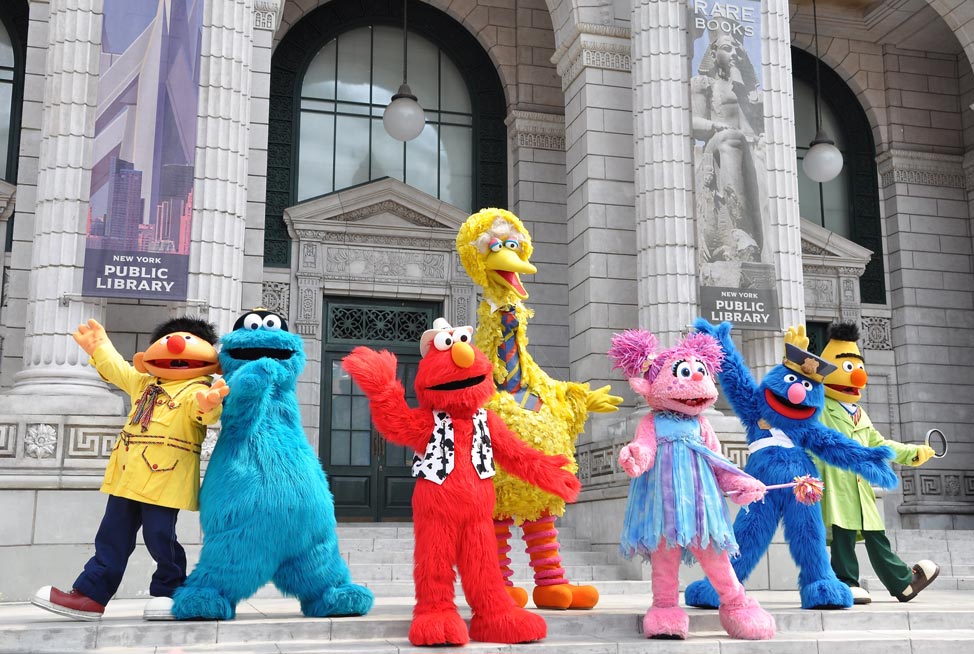How a new Sesame Street show is bringing Muppet magic to refugee camps

Report From: The Guardian
cooperation, kindness and the alphabet. For over 50 years, the characters of Sesame Street, from the Cookie Monster to Big Bird, have helped children from diverse backgrounds navigate the challenges of life as a small person in a big world.
Ahlan Simsim (“Welcome Sesame” in Arabic) will premiere on regional children’s television as well as on YouTube – created for the displaced and traumatised refugee children living in Syria, Jordan, Iraq and Lebanon.
The show is part of a major humanitarian programme designed to bring play and laughter to children suffering long term displacement as the Syrian war continues to create new refugees daily.
Scott Cameron, executive producer at Sesame Workshop, told the Guardian that the team worked with educational experts and psychologists across the region.
“So we looked at how to help children aged three to eight deal with emotions. For example, when looking at fear we have an episode where Basma is scared of the dark. That is a good way to talk about being afraid because so many children are scared of the dark.”
“It is our job to educate, but it’s also our job to bring joy and laughter. All of the research shows that play helps develop emotional resilience as well as educational attainment.”
“Children who suffer the daily effects of violence and neglect are at high risk for experiencing toxic stress, a disruption of neurological and biological processes due to severe, prolonged stress and the absence of nurturing care
The show will focus on identifying and managing emotions, and is part of a wider child-centred intervention, with thousands of outreach workers going to clinics, community centres, homes and other gathering spaces in the four countries to work on the lessons discussed in the programmes.
Since Syria erupted into conflict in 2011, more than 5 million children have become refugees, with huge numbers living in camps across neighbouring countries. There are massive gaps in the provision of both early years support and education for these children, many of whom are suffering the traumatic effects of witnessing extreme violence.
Tags
Related Posts
Two Little Syrian Sisters Die In Tent Fire In Search For Warmth
In his soot-blackened hands, Nour El-Din stood stunned and speechless, holding and staring at what is left of a pink coat. A short time ago, this coat was on the body of a little girl, whose heart shivered of cold in a snow-buried tent….
January 27, 2022‘People felt threatened even by a puppet refugee’: Little Amal’s epic walk through love and fear
From being pelted with stones in Greece to receiving a papal welcome in Rome, the giant girl’s migrant trek from Syria to Manchester provoked powerful responses…
October 22, 2021


